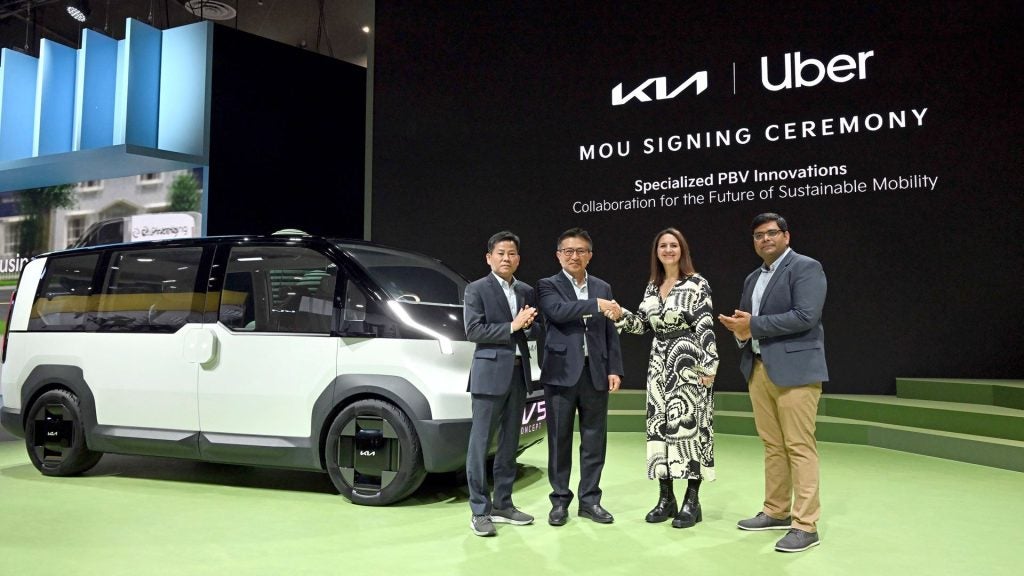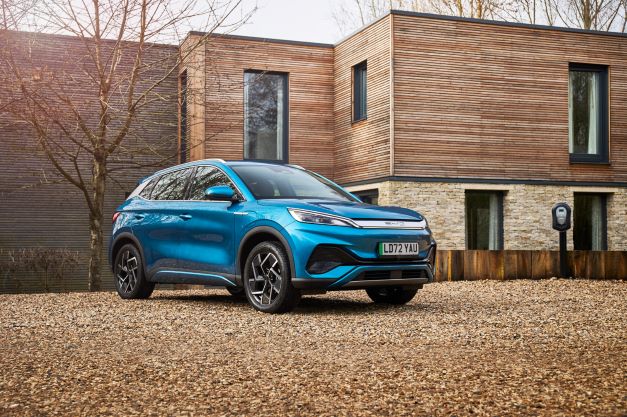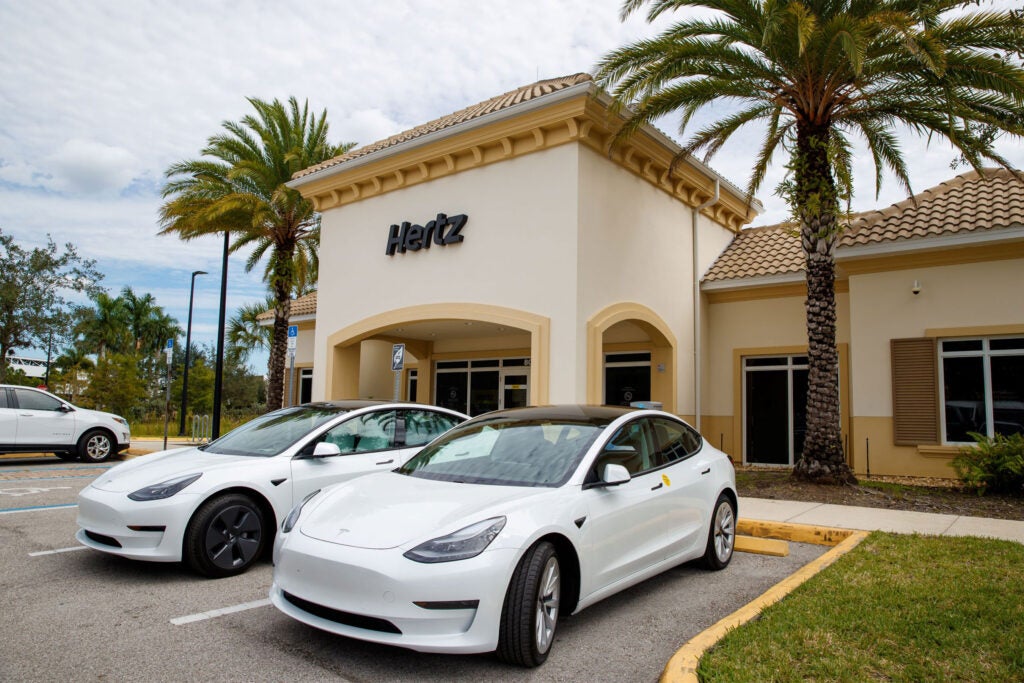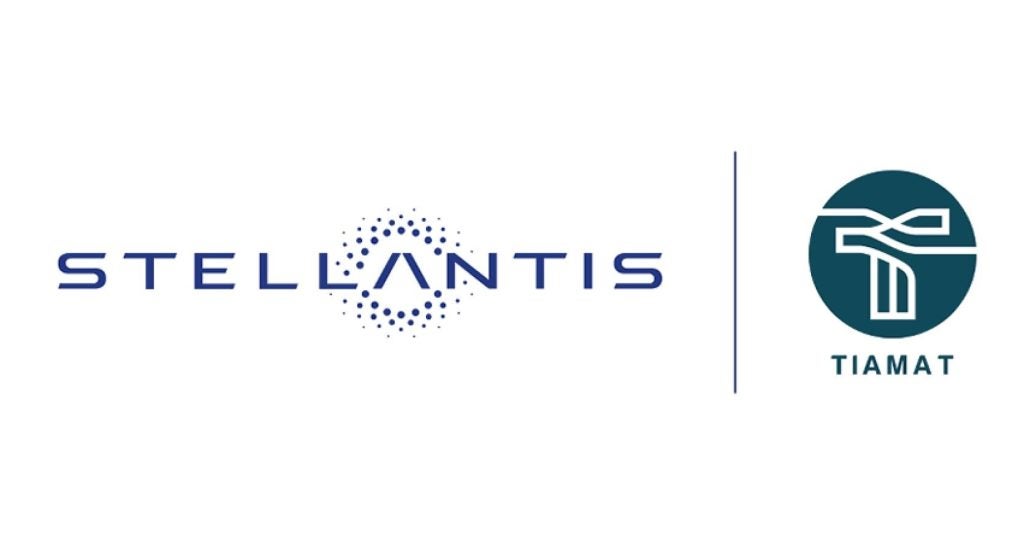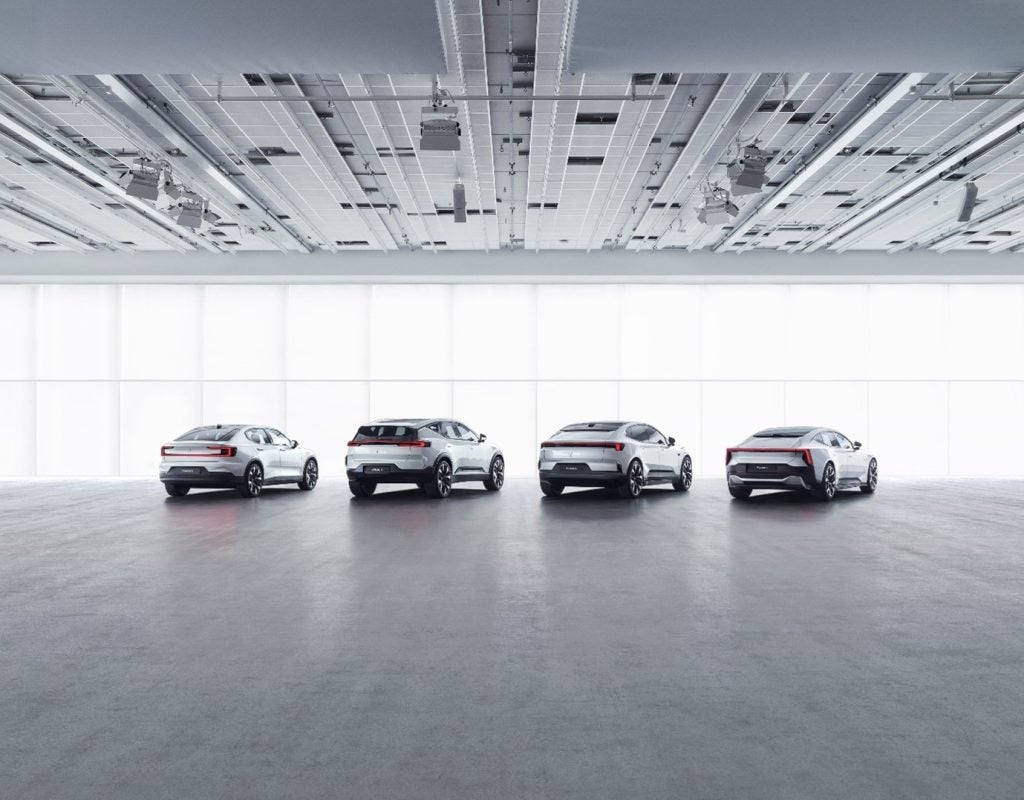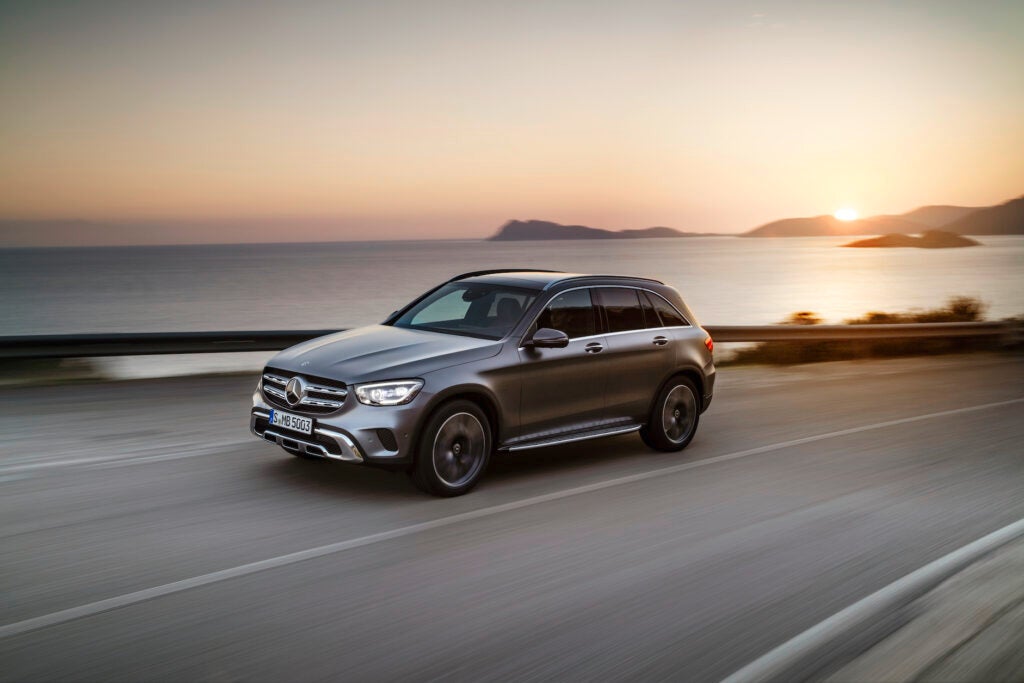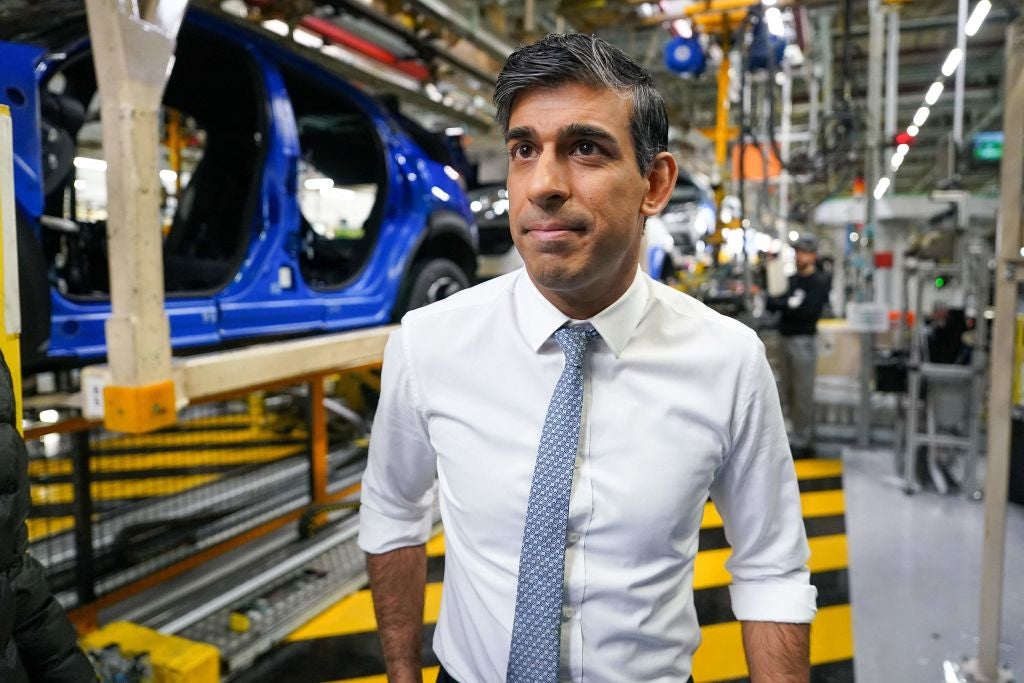Kia said at this week’s Consumer Electronics Show (CES) in Las Vegas it had agreed to collaborate with taxi company Uber on development and deployment of battery powered purpose built vehicles (PBVs).
The two companies signed a memorandum of understanding (MoU) to boost the number of battery electric vehicles (BEVs) available through Uber as the taxi operator/ride hailer progresses towards its 2040 zero emissions goal.
The partnership will produce Kia PBVs optimised for drivers and fleets as part of the automaker’s Platform Beyond Vehicle strategy.
Kia said the deal would help it identify optimal specifications for PBV models with the possible further integration of technology and services to benefit drivers and users alike. The collaboration would also include the creation of proofs of concept, prototypes and the production of PBVs tailored to the Uber drivers.
Kia said new driver and passenger experiences could be “facilitated through the development of optimised operational solutions, building connected car experiences for all. Personalised riding environments, including climate and sound control, and interactive rear-seat entertainment systems, may also follow”.
Kia North America CEO Seung Kyu Yoon said in a statement: “PBVs will play a key role in the customisation of mobility, and by partnering with Uber, Kia aims to deliver industry leading technology with advanced software and services to enhance the ride hailing experience. Drivers on the Uber platform will also have the ability to choose Kia vehicles with a comprehensive suite of offerings that will ease the ramp up of electrification and help achieve both Kia’s and Uber’s sustainability goals."
Kia and Uber would also collaborate on ways to moderate the total cost of vehicle ownership by analysing various PBV options and potential Battery as a Service (BaaS) subscriptions to reduce initial vehicle purchase cost.
Susan Anderson, in charge of Uber’s global business development, said: “Drivers on the Uber platform are already early EV adopters, going electric six to seven times faster than the general population in the US and Europe. That’s great for all of us because when ride share drivers go electric, communities see three to four times the emissions benefits compared with an average driver making the switch. By teaming up with Kia and providing our insights, we aim to broaden the appeal and lower the cost of electric vehicles, making them a more natural choice for more drivers."


